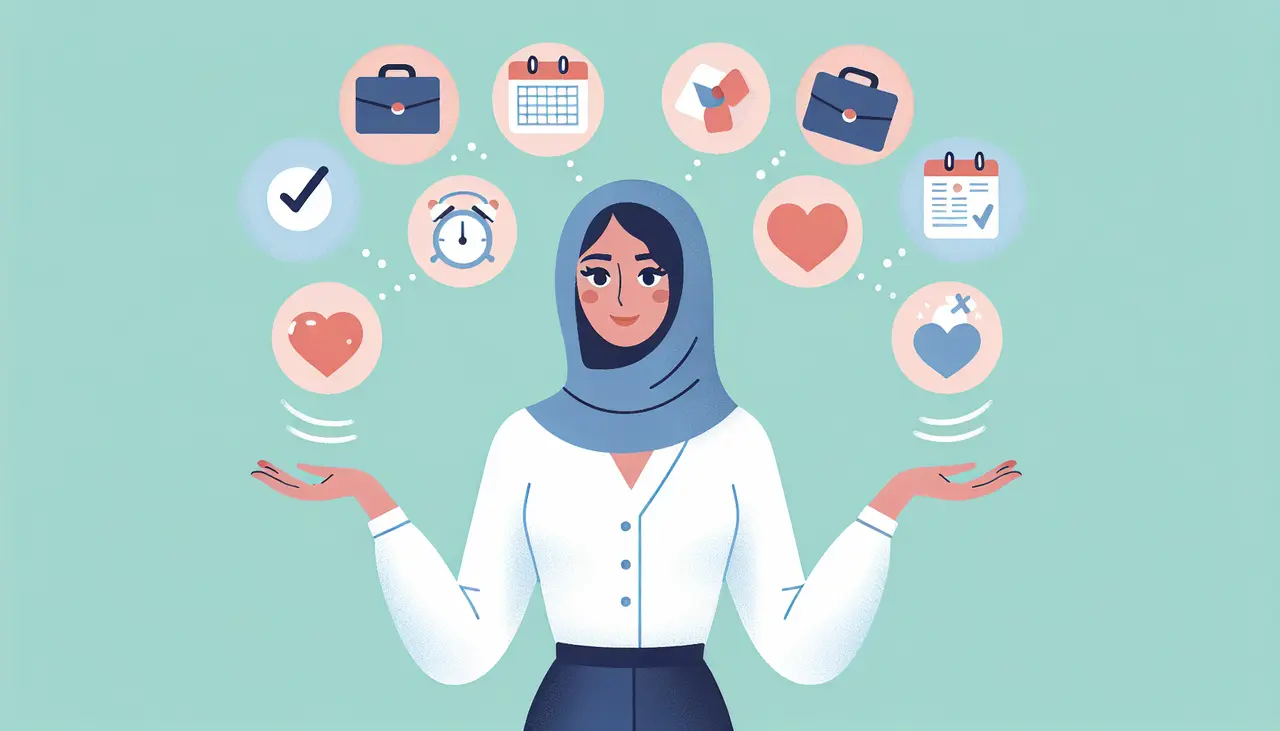Strategies for Success: Managing ADHD Symptoms in Adult Women
Living with ADHD as an adult woman comes with its unique set of challenges and misconceptions. It's not just about being easily distracted or disorganized; it's about navigating a world that's not always accommodating to your needs. But fear not, for there are numerous strategies and approaches to not only manage but thrive with ADHD. This blog aims to demystify ADHD for adult women and share actionable tips for success.
Understanding ADHD in Adult Women
ADHD, or Attention Deficit Hyperactivity Disorder, often presents differently in adult women compared to men or children. Symptoms like inattentiveness, impulsivity, and hyperactivity might be familiar, but they manifest in ways that are not always recognized by standard diagnostic criteria. For many women, ADHD can feel like an internal restlessness, an overwhelming sense of disorganization, or a constant struggle with self-esteem. Understanding these nuances is the first step towards managing ADHD.
The journey of an adult woman with ADHD can be isolating, with many feeling misunderstood or misdiagnosed for years. The societal expectation for women to manage multiple roles effectively – from career to family life – adds an extra layer of challenge and often, self-criticism. Recognizing ADHD symptoms specific to adult women can lead to a breakthrough in how they view themselves and manage their lives.
Challenges Faced by Women with ADHD
The societal and self-imposed pressures on women with ADHD can exacerbate the feeling of being overwhelmed. Juggling work, home, and social commitments can feel like a Herculean task when your brain is wired to be easily distracted or hyper focused on singular tasks. This often leads to a cycle of procrastination, late nights trying to catch up, and harsh self-criticism that can affect mental health.
Moreover, the symptoms of ADHD, such as forgetfulness and disorganization, can strain relationships. From missed appointments to forgotten birthdays, the impacts of these symptoms can lead to tension with loved ones. Navigating these challenges requires a compassionate understanding from both the individual and those around her.
Strategies for Managing Time and Staying Organized
One of the most effective strategies for managing ADHD involves structuring your environment to reduce distractions and increase focus. This might include organizing your workspace to minimize clutter, using planners or digital apps to keep track of tasks and appointments, and setting aside specific times for checking emails or social media. Breaking down larger tasks into more manageable, bite-sized pieces can also prevent the feeling of being overwhelmed and help maintain a sense of achievement.
Navigating Relationships and Communication
Communication is key in any relationship, but for adult women with ADHD, it holds even more significance. Clear, open communication about one's needs and struggles can help bridge understanding with partners, family, and friends. Equally important is the practice of active listening and empathy towards others, which can be cultivated through mindfulness and being present in the moment. Setting boundaries and advocating for oneself are also crucial skills to ensure healthy and supportive relationships.
Building a Supportive Environment
Creating a supportive environment involves both the physical space around you and the people with whom you surround yourself. From choosing a calming and organized living space to fostering relationships with understanding friends, family, and professionals, the goal is to minimize stress and distractions. Joining support groups, either in-person or online, can also provide a sense of community and belonging, offering a platform to share experiences and strategies with those who truly understand.
Leveraging Technology for ADHD Management
In today's digital age, technology offers a plethora of tools to help manage ADHD symptoms. From task management apps that allow you to set reminders and prioritize tasks, to meditation and mindfulness apps that can help manage stress and anxiety, the options are endless. The key is to find the tools that work best for you and integrate them into your daily routine to help streamline your life and focus on your goals.
Mindfulness and Self-Care Practices
Mindfulness and self-care are not just buzzwords, but essential practices for managing ADHD. Mindfulness techniques can help improve focus, reduce impulsivity, and manage stress. This could be as simple as taking a few minutes each day to practice deep breathing or as involved as a regular meditation practice. Self-care also means setting aside time for activities that nourish you emotionally and physically – whether that's reading a book, going for a walk, or pursuing a hobby.
When to Seek Professional Help
While self-help strategies and support from loved ones can make a significant impact, there are times when professional help is necessary. If you find that symptoms of ADHD are severely impacting your quality of life, or if you're struggling with co-occurring issues like anxiety or depression, reaching out to a healthcare professional can be a game-changer. A tailored treatment plan, which may include medication, therapy, or a combination of both, can provide the support needed to manage ADHD symptoms effectively.
Embracing Your Journey with ADHD
Managing ADHD symptoms effectively is a journey of self-discovery, commitment, and adaptation. The strategies shared here are just starting points for adult women to regain control over their lives and harness their ADHD for creative and dynamic problem-solving. Remember, seeking support from medical professionals, connecting with others experiencing similar challenges, and embracing your unique strengths are essential steps toward success. You are not alone, and with the right approach, ADHD can become one of your greatest assets.


